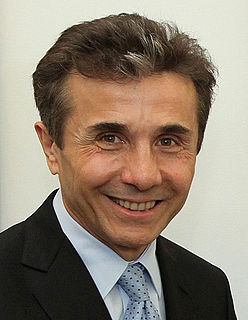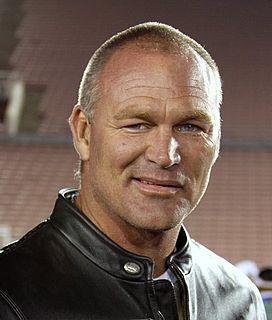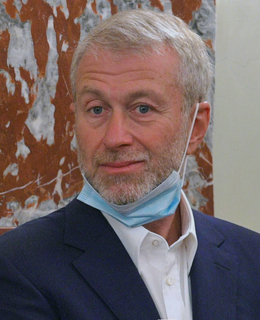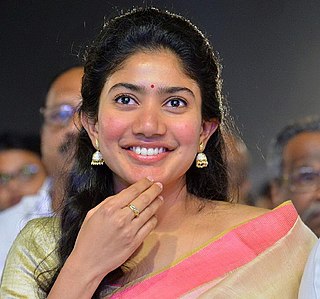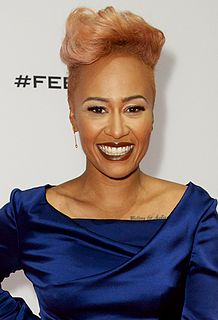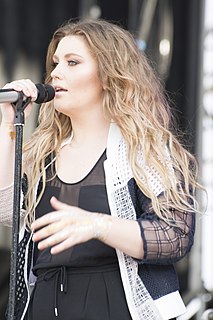A Quote by Bidzina Ivanishvili
In Georgia, people had already understood that communism couldn't survive, and I came to the institute in Moscow, and people still believed in it. They were completely different people, and I found it very difficult psychologically.
Related Quotes
I live on a plane. I like to visit London. If I had to think where I could live if not Moscow, London would be my first choice, and second would be New York. In Moscow I feel most comfortable. I'm used to four different seasons; it's difficult for people in London to understand. People brought up in Russia like my kids want to play in the snow.
I have seen several deaths, too many deaths in my life, and they were all different. Each one was different. It didn't seem to be necessarily connected with the life of the person. Some people that were not particularly developed or outstanding or spiritual died very easily. Some other people were on a very high level and had a difficult time in dying.
About 60% of the people stopped when we had 24 jams on display and then at the times when we had 6 different flavors of jam out on display only 40% of the people actually stopped, so more people were clearly attracted to the larger varieties of options, but then when it came down to buying, so the second thing we looked at is in what case were people more likely to buy a jar of jam. What we found was that of the people who stopped when there were 24 different flavors of jam out on display only 3% of them actually bought a jar of jam whereas of the people who stopped when there were 6 different flavors of jam 30% of them actually bought a jar of jam.
I had more pressure when I competed in Moscow. I had no pressure in Montreal because I only went to do my routines and hoping I didn't mess it up when I was on the bar. When I came back, 10,000 people were at the airport and I thought, 'Why?' because, in my mind, I hadn't done anything different from what I used to do in my gym.
It's very important that people understand that for refugees to come into the USA is very difficult. What upsets me about the whole situation is that people don't know the difference between a migrant and a refugee; they don't have respect for what people are coming from - the people who against it - and they have completely forgotten this is what built our country, the diversity. When it is put forward that masses of people are dangerous, and the actual numbers and the situation are proven to be completely the opposite of the way they're presented publicly, it's horrible.
What if I had been born during a war and I lived in an occupied city, and people were being taken out and shot every day? Everything would be different - even after the war ended, my future would be very different. Look at what these poor people in Aleppo are going through. The children, the ones who survive, are going to be absolutely altered by what they live through, and you and I, luckily, have never had to deal with that.
The strange thing about my life is that I came to America at about the time when racial attitudes were changing. This was a big help to me. Also, the people who were most cruel to me when I first came to America were black Americans. They made absolute fun of the way I talked, the way I dressed. I couldn't dance. The people who were most kind and loving to me were white people. So what can one make of that? Perhaps it was a coincidence that all the people who found me strange were black and all the people who didn't were white.
The thing that would probably surprise most people was that Dr. Martin Luther King was a very reluctant leader. He felt very shocked at times that he had been chosen for this path, but he also understood that he was chosen for this path. He had several moments of acute doubt as to if he was up for the task - when people were injured in the protests he took it very personally, let alone when they were killed.
